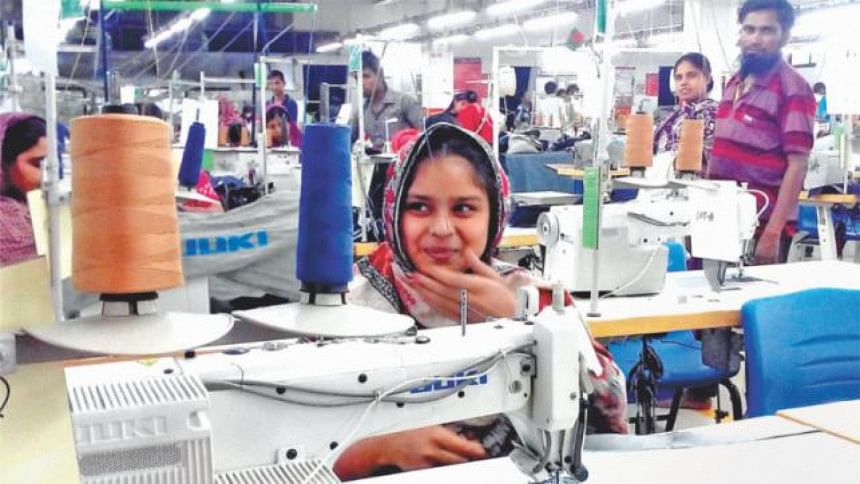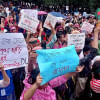Discrimination against women in RMG

A recent study report by Karmojibi Nari and CARE Bangladesh pointed out a serious issue of discrimination that women in the readymade garments sector have to face: having to do more overtime duty, while at the same time, having fewer career prospects when it comes to promotion. The findings also pointed out a range of discriminatory practices and harassment that women are subjected to in the sector.
In terms of the first, it sounds too ridiculous to be true that the very workers who are putting in more time are the ones who have narrower career prospects. The studies revealed how there is a disparity in the numbers of men and women promoted to supervisory positions. This goes beyond to the trade unions, where the number of women representatives is far less compared to men. At the same time, while these women have no choice but to take on the extra work through overtime to earn a decent income at the cost of their health, they are the ones who have fewer facilities and amenities such maternity leaves, provisions for women's special needs, the number of toilets for them etc. This is on top of the pervasive sexual harassment they have to encounter on a daily basis.
Women constitute a big portion of our RMG industry workers, and it is their hard work that is bringing our country foreign earnings. Yet, the number of gaps that exist in our labour laws, policies and practices is stunning. Not only do we need to revisit our labour laws to address these gaps and ensure their implementation, but also, as this findings show, especial attention needs to be given to solving the issues faced by women in the industry. It is they, after all, who are contributing the most to the industry, but being discriminated against the most.

 For all latest news, follow The Daily Star's Google News channel.
For all latest news, follow The Daily Star's Google News channel. 








Comments